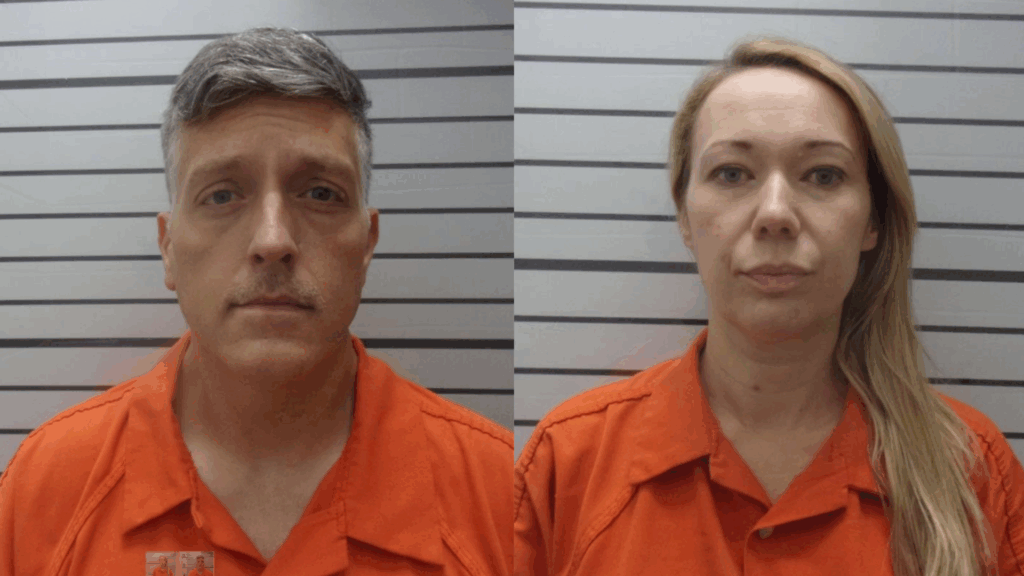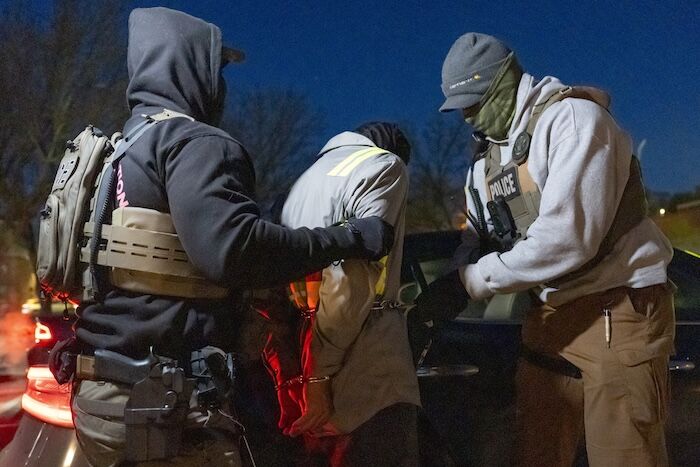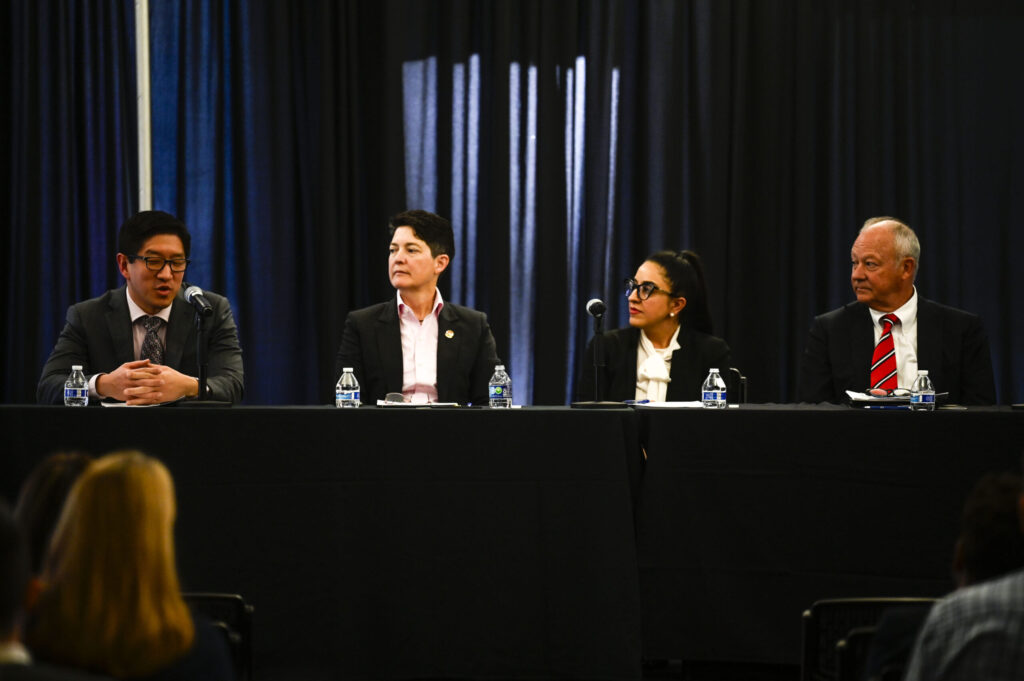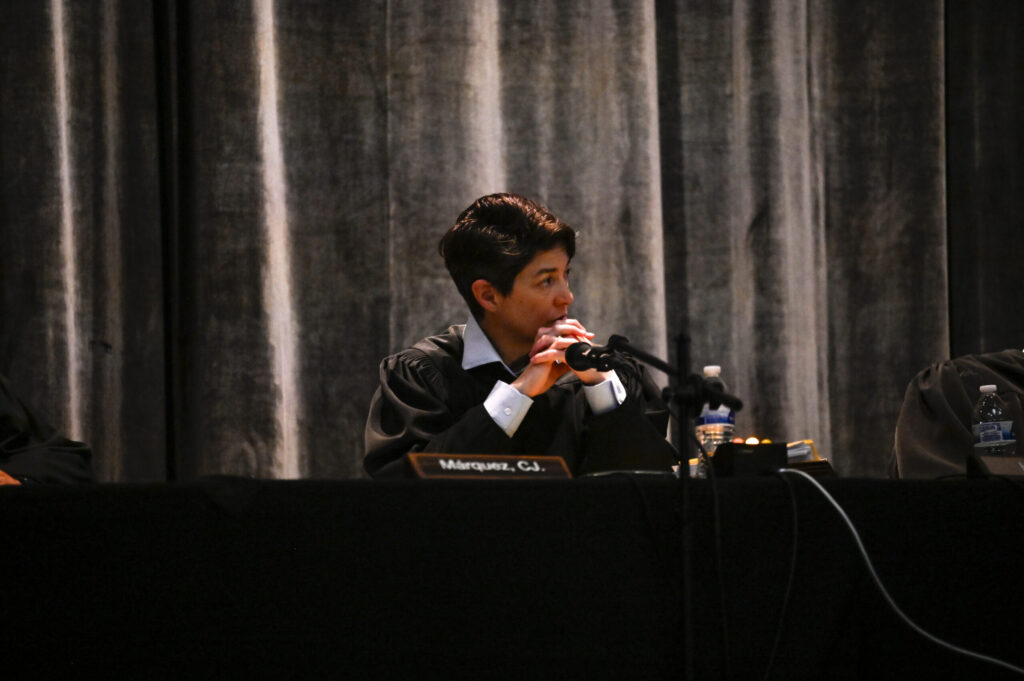State Supreme Court agrees to hear cases on right to counsel, company’s alleged misstatements

The Colorado Supreme Court recently agreed to hear appeals in three cases that question the interpretation of federal protections for investors as well as the constitutional guarantee of legal representation for the criminally accused.
While the court took a pass on a fourth case involving a business dispute in Arapahoe County, two members indicated they would have granted a review.
Here are the cases headed for argument before the justices.
Misleading statements from energy company
The Oklahoma Police Pension and Retirement System sued Denver-based Jagged Peak Energy Inc. after it and other investors in the oil and gas company sustained significant losses to their investments. OPPRS alleged Jagged Peak Energy misstated and omitted material information in connection with making an initial public offering on the stock exchange.
The Denver Post reported at the time that Jagged Peak Energy expected its initial stock price to range from $16 to $18 a share, but dipped to as low as $13.83 days after its debut.
In July 2019, Denver District Court Judge Kandace C. Gerdes dismissed OPPRS’ lawsuit for failing to state a claim under the Securities Act of 1933, which prohibits deceit, misrepresentation and fraud in the sale of financial instruments. Specifically, the pension system had claimed the company overstated its ability to produce oil and gas.
In its filings, Jagged Peak Energy boasted it would maximize returns “by optimizing drilling and completion techniques,” leveraging “extensive industry experience,” and using “proven horizontal drilling expertise,” among other claims. OPPRS said these statements did not accurately reflect the company’s workforce characteristics or the nature of its agreements with contractors.
Jagged Peak Energy, on the other hand, labeled such statements “puffery” that amounted to merely inaccurate predictions.
While the Court of Appeals agreed that OPPRS could not base its lawsuit on certain claims, Jagged Peak Energy had made those statements while allegedly knowing, for example, that the employees responsible for targeting wells were inexperienced, that multiple well bores had collapsed, and that one contractor had increased its billing amounts for no apparent reason.
“[W]e conclude that Oklahoma has stated a plausible claim that Jagged misled investors by representing that it planned to maximize returns through the ‘experience and expertise of our management and technical teams,’ when, at the time, management knew, but did not disclose, that Jagged’s technical team was incompetent or unqualified and Jagged had awarded contracts that enriched its chief drilling contractor or were otherwise disadvantageous to Jagged,” wrote Judge David J. Richman in the appellate court’s opinion.
The Supreme Court will review whether the court properly held that the “puffery” statements were material in this case.
The case is Jagged Peak Energy et al. v. Oklahoma Police Pension and Retirement System.
The right to counsel
The Court of Appeals ruled in March of this year that an indigent defendant has the right to continue being represented by the same court-appointed lawyer, even though he had no choice of public defender at the start of the case.
Prosecutors charged Robert James Rainey with kidnapping and several misdemeanor offenses, but his January 2017 trial was pushed back for two months for various reasons. None of the postponements was at the request of the defense.
On March 3, right before the legal deadline to bring Rainey to trial and three days before the trial was scheduled to begin, Rainey requested a postponement. His public defender believed there would be a deal to avert the trial, but it fell through and the lawyer would be out of town when the trial was scheduled. Rainey wanted to go to trial with the same lawyer, instead of having a different public defender conduct the trial.
District Court Judge Robbin Chittum denied the request, calling the case “straight forward” and saying she “just can’t do that.”
“He is getting his attorney of choice. He’s getting the Public Defender,” she added.
A three-judge panel for the Court of Appeals disagreed with how Chittum handled the matter.
“[T]he right to continued representation means that an indigent defendant has a right to proceed with his specific appointed lawyer, not just any appointed lawyer from the public defender’s office,” wrote Judge Elizabeth L. Harris.
The panel sent Rainey’s case back to the trial court, telling the judge to evaluate a series of factors to determine whether Rainey should have been allowed to continue with his preferred public defender. If the answer was yes, he was entitled to a new trial.
The Supreme Court will answer whether the Sixth Amendment, indeed, guarantees indigent defendants the right to continuous representation by a specific public defender.
The case is People v. Rainey.
Continuous representation
Whether the U.S. Constitution guarantees the right to continuous representation by a specific court-appointed lawyer is also the issue in William Allen Davis’ case.
Then-Gilpin County District Court Judge Dennis J. Hall, without a hearing, denied Davis’ request to continue his trial because his public defender had a conflict on the trial date.
The original public defender filed a second motion, informing the judge that Davis “does not consent to a new attorney stepping in to handle his trial.”
Hall found that it did not violate the Sixth Amendment to substitute one public defender for another and that it would not take a “lawyer of any competence any time to prepare.”
The Court of Appeals issued its decision one month after the Rainey ruling and agreed with the prior panel. The court sent the case back to the trial court to examine whether a set of factors – including inconvenience to witnesses, impact on the court’s docket, and the defendant’s motivation for the postponement – would have been so significant as to overcome Davis’ desire to keep his preferred attorney.
The case is People v. Davis.
Business dispute denied
Michael Radermacher and Vincent Beer formed R&B Properties in 2009 to buy and lease real estate. Several years later, Radermacher discovered Beer had misused company funds to buy properties for himself and others without his partner’s consent.
Beer attempted to dissolve the company, but Radermacher filed claims of fraud and breach of contract, among other things, against him.
After a trial, then-District Court Judge John L. Wheeler denied the request to dissolve R&B and dismissed Radermacher’s claims. Wheeler did find, however, that Beer was grossly negligent. The company, which was also a party, had failed to prove any damages, the judge added.
In February 2021, the Court of Appeals partially reversed the breach of contract decision, directed the trial court to reevaluate whether to award damages to R&B, and to also consider whether Beer was entitled to have his and R&B’s debts to each other factored into the judgment.
Justices Richard L. Gabriel and Carlos A. Samour Jr. indicated they would have heard the appeal to decide whether the Court of Appeals applied the wrong legal standard when evaluating one of Wheleer’s orders and failed to give the parties sufficient opportunity to argue a specific aspect of the case. For the Supreme Court to review an appeal takes the agreement of three justices.
The case is Radermacher v. Beer.














